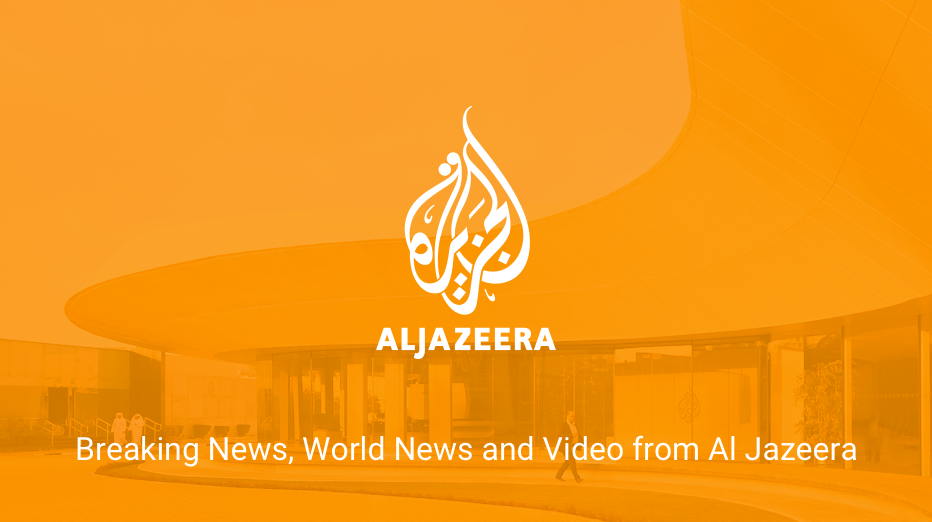
Middle East News
- 18.03.2025 19:47
- aljazeera.com
- Keywords: Gaza Strip, Ceasefire
Al Jazeera reports on Israel's airstrikes in Gaza, with Benjamin Netanyahu refusing to implement a ceasefire. The attacks have caused civilian casualties, including children, sparking international concern. Meanwhile, calls for an immediate ceasefire in the DRC and the reopening of Aleppo International Airport are also highlighted.